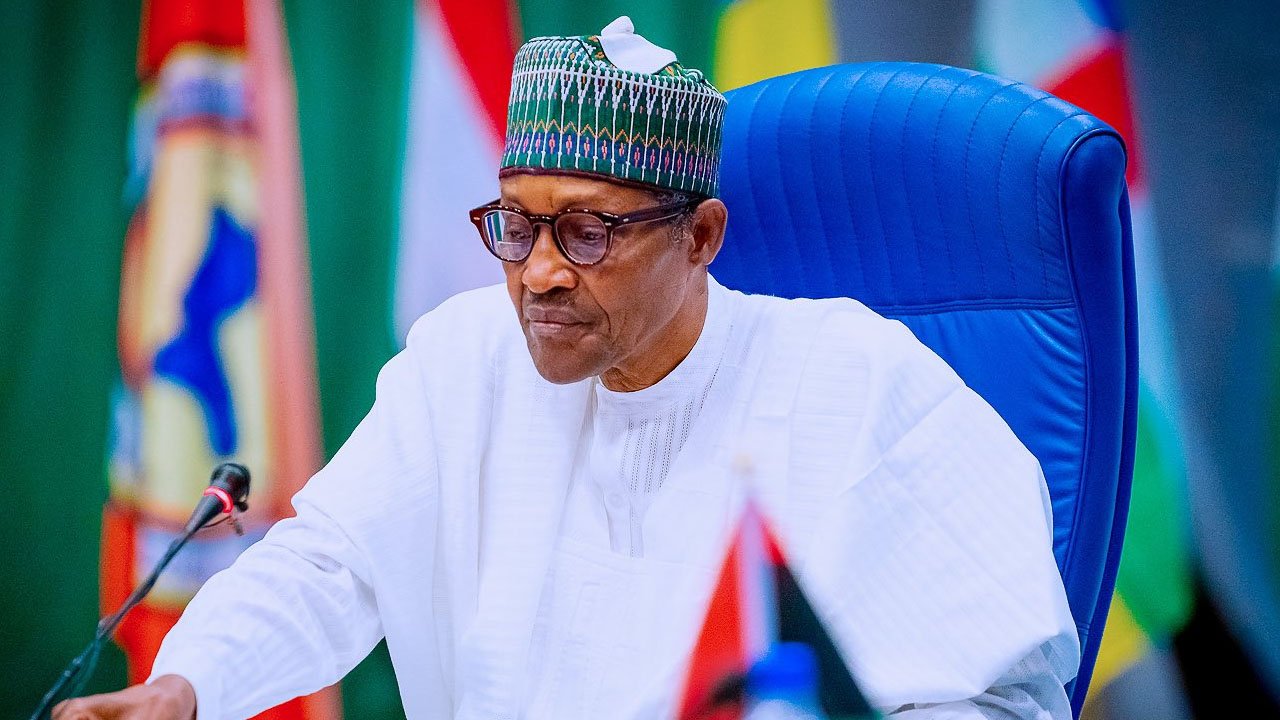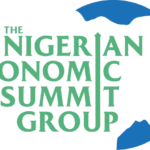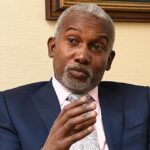About a week ago, Nigerians woke up to the exciting news that the country had recorded a 5 per cent growth in its gross domestic product (GDP). It was indeed a pleasant surprise, especially coming on the heels of several negative reports and predictions about the economy. The federal government hailed the development, saying it was due to some measures it took to boost the economy.
There is indeed reason to celebrate the 5 per cent growth rate as it is the highest the economy has achieved since 2014. It is also coming not too long after the country exited its second recession in five years and at a time countries across the world, including Nigeria, are struggling with the COVID-19 pandemic and its attendant effect on their various economies. Even the World Bank in its reports did not expect such a performance from the Nigerian economy at this time. In June this year, the bank raised its forecast for Nigeria’s GDP growth to 1.8 per cent for this year, which it said would rise to 2.1 per cent by next year.
- Jos crisis: Call for sack of GOC 3 division distraction to peace in Plateau – Army
- North-East, South- East converge to extol Gombe SSG, Prof. Njodi
No doubt, the increase in prices of crude oil, in addition to some of the measures that the federal government took helped to achieve this growth. Some of these measures include the Anchor Borrowers Programme of the Central Bank of Nigeria, which has continued to support farming activities and the various social intervention schemes that involved cash transfers to vulnerable members of the society. There is also the aggressive monetary accommodation, which ensured low-interest rates, a development that helped to stimulate credit by the banking sector to households and businesses at affordable rates.
We hail the GDP growth just as we commend the federal government for all its efforts in reflating the economy. However, government should note that there is a lot more work to be done because as much as this figure looks good on paper, its significance seems to be overshadowed by the present condition of the ordinary Nigerian. Many Nigerians are wondering how the growth in GDP impacts their daily lives, especially as prices of goods and services remain high and the average citizen can hardly make ends meet.
The people are still faced with double-digit inflation and unemployment rate. Food inflation in the country stood at 21 per cent in July, the lowest since February this year, according to figures published by the National Bureau of Statistics. The deceleration in food inflation is recognised, but many staple food items remain beyond the reach of the average Nigerian household, due to high prices.
The rate of joblessness in the country is staggering: unemployment, 33.3 per cent; underemployment, 22.8 per cent and youth unemployment /underemployment is 42.5 per cent, again, according to the NBS report for February this year. All of these fuel insecurity, which in turn disrupts economic activities.
We, therefore, urge the government to double its efforts in whatever it did to get the economy where it is so that more can be achieved. This growth must be sustained and built upon. The GDP growth should also translate from just growth to development; where development is taken to mean a tangible, measurable improvement in the wellbeing of the citizens.
In fact, the people are or should be, the objects of the growth process. Therefore, what is most relevant would be inclusive growth – one that involves and lifts Nigerians from the current low levels of poverty to better experiences of living, marked by the availability of choices. Unless that is done, the GDP growth rates will remain government’s figures, far removed from the lives of the people.
The government needs to formulate and implement more policies that will stimulate growth in the economy. It should make the economy work better, not just by spending money, but by providing a conducive environment for various businesses to thrive. Specifically, we want to see a progressive expansion of the reach of the economy through the integration of the informal sector into the formal sector.
This sector has remained isolated from the formal economy despite its acknowledged potentials and the support its offers to the formal economy. This recent development is also another reason for the government to end the insecurity situation as quickly as possible so that the efforts at diversifying the economy towards agriculture can yield the necessary results. All hands must be on deck to ensure that as the economy of the country improves, that of individual Nigerians actually improves as well.

 Join Daily Trust WhatsApp Community For Quick Access To News and Happenings Around You.
Join Daily Trust WhatsApp Community For Quick Access To News and Happenings Around You.


